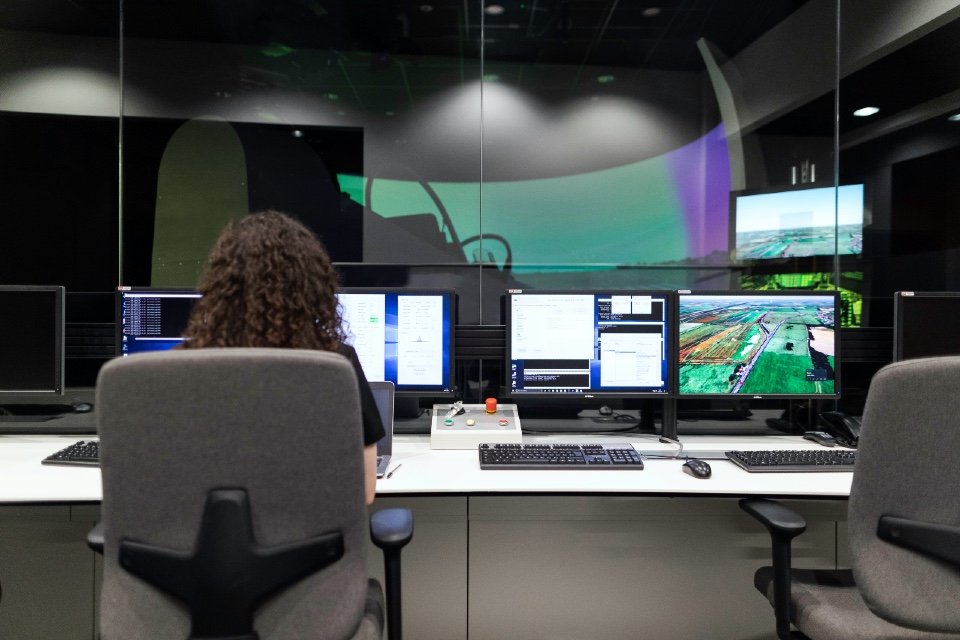The field of incident management has undergone significant transformations in recent decades, driven by technological advancements and a growing emphasis on proactive security measures. For senior physical security professionals in the UK, understanding the evolution of incident management techniques is crucial for ensuring the safety and security of their organisations and the public…
Traditional Incident Management:
Historically, incident management primarily focused on reactive measures, such as responding to incidents after they occurred. This often involved manual processes, limited data analysis, and a focus on containment rather than prevention.
The Rise of Technology:
The advent of advanced technologies has revolutionized incident management. CCTV systems, access control systems,and intrusion detection systems have become indispensable tools for monitoring and detecting potential threats. These technologies provide valuable data that can be analyzed to identify patterns and improve prevention efforts.
Data Analytics and Predictive Modeling:
The integration of data analytics and predictive modeling has enabled organizations to proactively identify potential risks and take preventative measures. By analyzing historical data and identifying trends, security professionals can anticipate potential threats and develop strategies to mitigate them.
Incident Response Planning:
The development of comprehensive incident response plans has become a standard practice in modern security management. These plans outline procedures for responding to various types of incidents, including security breaches,natural disasters, and active shooter situations.
Crisis Communication: Effective crisis communication is essential for managing the public perception of incidents and minimizing their impact. Organizations must have well-defined communication strategies in place to provide timely and accurate information to stakeholders.
Continuous Improvement:
The field of incident management is constantly evolving, and organizations must remain vigilant in adapting to new challenges and technologies. Regular reviews and assessments of incident management procedures are essential for identifying areas for improvement and ensuring ongoing effectiveness.
In conclusion, the evolution of incident management techniques has significantly enhanced the ability of organisations to prevent, detect, and respond to security threats. By leveraging advanced technologies, data analytics, and effective planning, senior physical security professionals can play a crucial role in safeguarding their organisations and the public.
Are you searching for Incident Management solutions for your organisation? The Total Security Summit can help!
Photo by John Cameron on Unsplash







